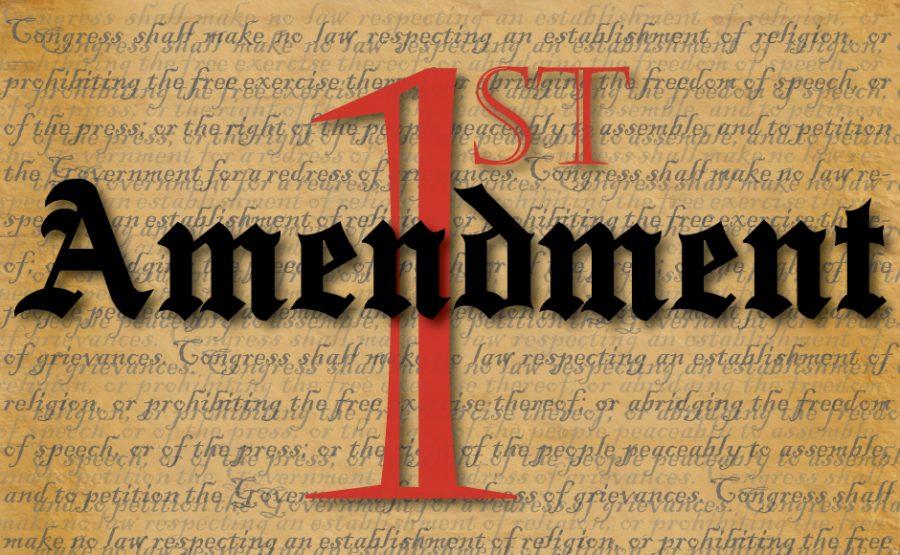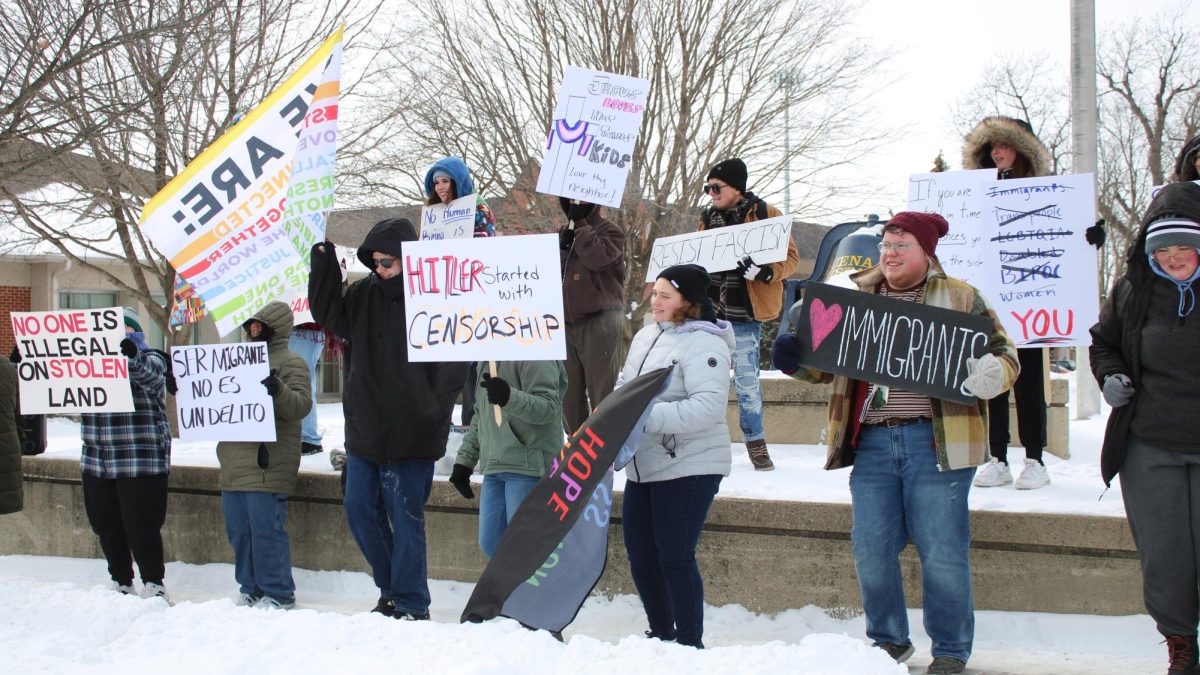What Does it Mean to be Free?
December 6, 2018
The First Amendment of the United States Constitution was written by James Madison and serves to outline the five freedoms guaranteed to all American citizens. The First Amendment, along with the rest of the Bill of Rights, was submitted to the states to be ratified on Sept. 25, 1789, and then was adopted on Dec. 15, 1791. Since then, the First Amendment has been used to clarify what it means for Americans to be free.
According to the First Amendment of the United States Constitution, “Congress shall make no law respecting an establishment of religion, or prohibiting the free exercise thereof; or abridging the freedom of speech, or of the press; or the right of the people peaceably to assemble, and to petition the Government for a redress of grievances.” The five freedoms or rights guaranteed to all American’s are the freedom of speech, press, religion, assembly, and the right to petition.
The First Amendment protects the right of freedom of expression from government interference. The United States Supreme Court interprets the extent of the protection these rights guarantee and has been using the First Amendment to create new laws and abolish old ones that don’t align with the Court’s interpretation of it.
These rights affect everyday life of every American citizen, and unfortunately, the statistics of Americans that can’t name any of their 5 freedoms is shockingly high.
According to the 2018 State of the First Amendment Report from the Freedom Forum Institute, a survey was conducted where they asked 1,009 adults if they knew their five freedoms that are outlined in the First Amendment.
“About one-third of respondents (36%) could name one freedom, but only 3% could name four of the five freedoms. Only one respondent could name all five correctly. Two-fifths of respondents could not recall any (40%). Without any prompting, freedom of speech (56%) was the most commonly recalled right guaranteed by the First Amendment. The next was freedom of religion (15%), freedom of the press (13%), and right of assembly (12%), with right to petition being the least likely to be recalled (2%). A similar number (2%) mistakenly guessed the right to vote. The right to bear arms (9%) was the most common mistaken response.”
With Americans not knowing the rights that they are guaranteed, they don’t know the full extent of what it means to be free. The First Amendment allows citizens to express their ideas verbally and through writing, practice their own religion, publicly express a common interest and call out the government when the law was not followed or to seek certain changes. Of course, there are limitation to these freedoms, and they are interpreted by the Supreme Court and have changed many times since the adoption of the First Amendment.
In my audio piece, “What Does it Mean to be Free?”, I conduct my own survey, in which I ask BVU students to recite their five freedoms. In this audio piece, I seek to highlight the importance of American citizens knowing those freedoms and what they guarantee.







